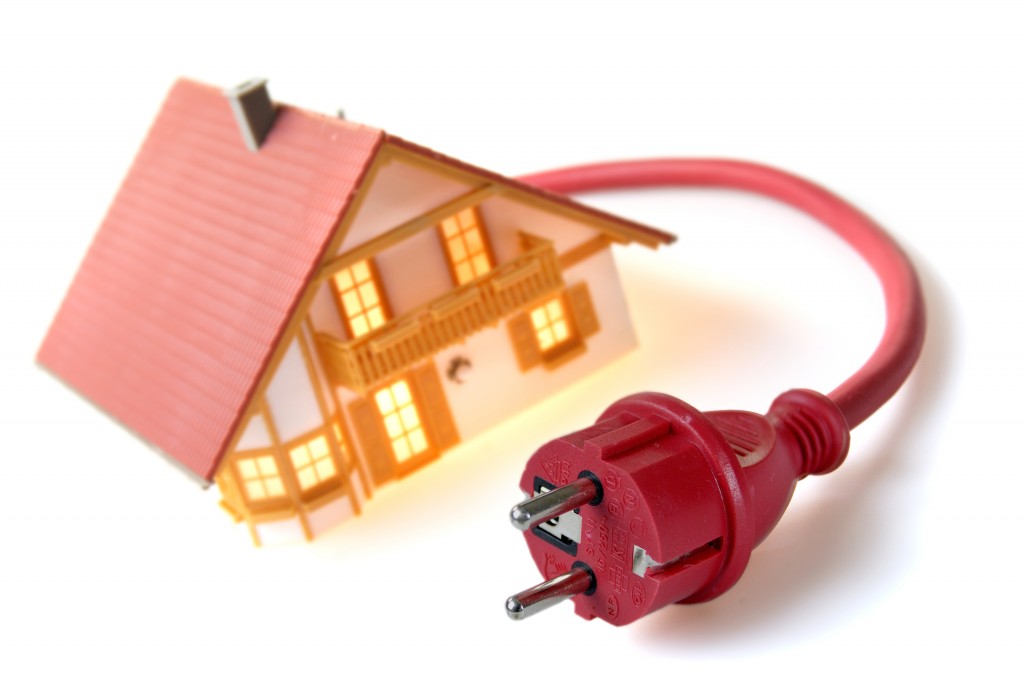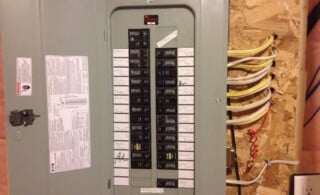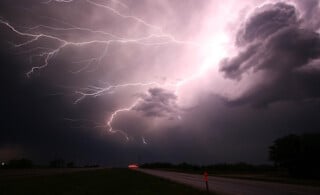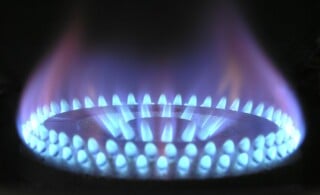
There are many things that can cause power outages such as severe storms, high winds, and even accidents. When the power goes out at home, you will want to take steps to keep your home and family safe. There are some simple things that can be done to stay safe in the event of a power outage. Having supplies and a plan in place can be extremely helpful in the case of a power outage.
Food Safety
If you only lose power for a few hours, your food will probably be fine as long as you keep the freezer and refrigerator doors shut as much as possible. If the power is out for longer, you may need to take steps to preserve your food. Freezers that are half full will normally keep food safely for about 24 hours while a full freezer will keep food safely for about 48 hours. The refrigerator will not keep food nearly as long during a power outage so to prevent spoilage you should place items such as milk, eggs, meat, and fish, into a cooler with ice.
Water Safety
If you lose power, any water purification system you have may not work. In order to ensure water is safe it is best to use bottled, treated, or boiled water during a power outage. Your local health department is usually able to provide recommendations on how long water should be treated or boiled depending on where you live. You should never use contaminated water to brush your teeth, prepare food, wash your hands, or wash dishes.
Heating and Cooling During a Power Outage
When you lose power in the winter months, there is a risk of hypothermia. To prevent hypothermia, everyone should wear layers of clothing and a hat, and use blankets to keep warm. Moving around and staying active will also help to warm you up. If you suspect hypothermia, you should get to a medical facility as quickly as possible. Losing power during the summer months can mean dealing with extreme heat which can cause heat exhaustion, heat stroke, and fainting. To avoid overheating, you should drink adequate amounts of water and also avoid caffeine and alcohol. If you begin to feel weak or dizzy, it is important to sit or lie down, splash your face with cold water, and drink some water. If you do not begin to feel better, you should immediately seek medical attention.
Ready to start your electrical safety?
Find ProsCarbon Monoxide and Power Outages
If you lose power during the colder months, you may be tempted to use an unsafe heating source in your house. This should never be done as it is not only a fire hazard but can cause carbon monoxide poisoning which can be fatal. If you lose power due to a severe storm or natural disaster, carbon monoxide leaks can be a risk so it is important to check you home before returning.
Power Recovery and Electric Shock
When power returns after an outage, people, especially those working on restoring the power, can be at risk for electrical shocks. It is important to take steps to avoid electrocution and if you believe that someone has been electrocuted, you should immediately call 911 for help. Downed power lines can also be extremely dangerous and if you encounter a downed power line you should stay in your car and call for emergency assistance.
Preparing For a Power Outage
You never know when you may encounter a power outage or some other situation in which you need to be prepared. You should have a disaster supply kit ready and in an easy to reach location in the event of a power outage or some type of emergency. Your kit should include emergency supplies such as batteries, flashlights, medicine, and first aid supplies. The kit should also include bottled water, and canned or dried food.
- What You Need to Know When the Power Goes Out Unexpectedly
- Coping With Power Outages
- Food and Water Safety During Power Outages & Floods
- Power Outages: Before, During, and After
- Refrigerated Food and Power Outages
- Electrical Power Outages and Home Safety
- Keep Your Food Safe During Emergencies: Power Outages
- What to Do When The Power Goes Out
- Power Outages: What to Do During a Blackout
- Emergency Preparedness: Winter Power Outage Tips
- What to Do If The Power Goes Out in The Winter
- Keep Your Cool While The Power’s Out
- Power Outage Essentials
- Important Fire Safety Tips During Power Outages
 Electrical Safety
Electrical Safety  Lightning Protection
Lightning Protection  11 Home Security and Safety Tips
11 Home Security and Safety Tips  Home Improvements to Prevent Kitchen Fires
Home Improvements to Prevent Kitchen Fires 

Are You Familiar With This Topic? Share Your Experience.